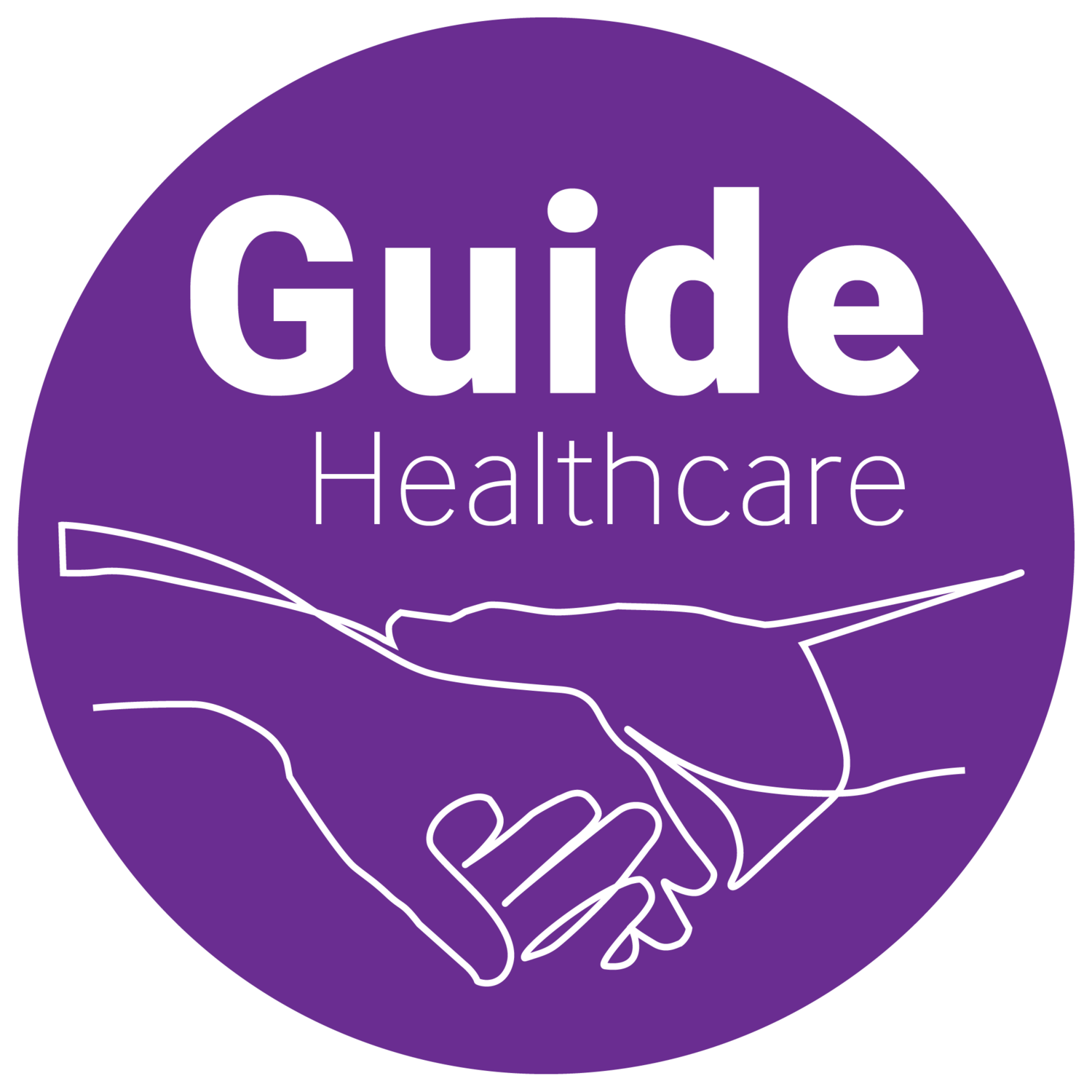Real World Games’ gold medal performance helping physical and mental health
Written by Bianca Roberts
View original article here.
It started as a falls prevention initiative and proved to be a gold-standard example of the power of physiotherapy in aged care, delivering both physical and mental health benefits in equal measure.
The Real World Games, conducted by Queensland physiotherapy provider Guide Healthcare, saw more than 250 aged care residents from 15 residential aged care facilities across the country compete in four weeks’ worth of strength and mobility challenges.
With a fun, competitive format, the Games saw aged care residents connecting across the country as they competed for glory, with the event culminating in a final week of live-streamed, head-to-head challenges in real time
The series of events were designed to mimic typical obstacles older adults may face in the community, with each event incorporating a different environment, skill and challenge.
For example, the grocery aisle challenge involved elders transporting common grocery items from a lower to an upper shelf, whilst the ‘curb footpath challenge’ saw competitors stepping up and over real or simulated curbs whilst maintaining balance.
Simon Kerrigan, physiotherapist and managing director of Guide Healthcare, tells Aged Care News that the initiative was a resounding success on multiple fronts.
“We know the importance of exercise for older adults for both their physical and mental health,” he says.
“Physical activity can play a key role in managing or preventing chronic diseases, reducing falls risk and incidence and driving better quality of life and health outcomes for older people.”
According to the Australian Institute of Health and Welfare (AIHW), one in three people over the age of 65 experience a fall each year, with these events often having devastating consequences for the elder’s health and quality of life.
Latest data from the AIHW shows that from 2019 to 2020, 5000 Australians aged over 65 died from a fall.
However, increasing exercise later in life can have an immense mitigating effect on this risk.
Studies show that exercise can reduce falls risk by a third, and Kerrigan says the Games have been a friendly entry point for elders intimidated by exercise.
“The general feedback from our clinicians was that the Games provided a great motivator for residents to increase their activities.
“The residents loved how relatable the challenges were, and how they made exercise fun.”
Whilst anecdotal evidence was overwhelmingly positive, Kerrigan notes that one of the activities, the ‘sets of lights challenge’, allowed empirical measurement of the program’s effectiveness.
“Our ‘set of lights challenge’, which involved residents walking a 10m distance on command, was designed to mimic crossing at a set of lights intersection,” Kerrigan explains.
“Current research suggests that to be considered ‘community ambulant’ a person needs to walk at least 0.8m/sec.
“At the conclusion of the games, 93 per cent of residents achieved a “community ambulant” status — we thought this was incredible.”
The fifth cross-site event the company has delivered, Kerrigan says that the community building activities increase mental health outcomes, too.
“These events create a sense of community, provide a purpose and they’re fun.”
One of the most popular activities, Kerrigan says, was the ‘wine glass challenge’.
“This involved picking up a wine glass, filled with whatever beverage the resident/clinician deemed appropriate, and transporting it over a 20m distance whilst navigating obstacles.
“We know that mobility-based exercises combined with a dual tasking component is an effective way to improve falls risk.
“This exercise was not only fun, but required residents to concentrate on not spilling their drink whilst walking and changing directions — enjoyable and effective.
“We also thought the grocery aisle challenge was hotly contested, with lots of amazing videos sent in from our four weeks of training.
“And we had some residents achieve incredible speeds in the curb challenge and the set of lights challenge.”
Kerrigan says he was amazed to find many residents outpacing his own team members in various challenges.
“At one point, we thought we may have to have ASADA (Australian Sports Anti-Doping Authority) visit one of our competing homes in South Australia,” Kerrigan says, laughing.
“It turns out they just had some very fit residents, who proved their incredible speeds during the live streamed events!”
Overall, he says that he is confident the Real World Games has helped improve residents’ wellbeing across the country, with the expectation that the benefits reaped during the month of games will be long term.
“The feedback we receive from our teams is that the increased engagement which occurs during the games, does carry on post the event.
“Our teams use future events as a motivator to keep training, as we know residents want to be challenged and want to be able to participate in future events.”
To watch a video of the Real World Games in action, follow this link.

